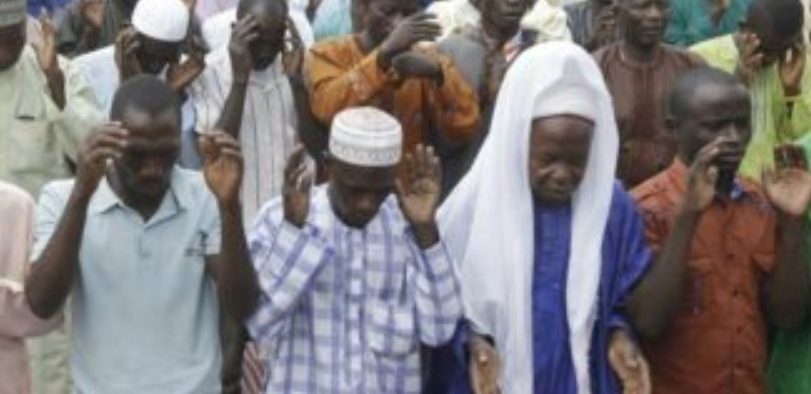Muslim Rights in Africa: Between Religious Freedom, Discrimination, and Conflict

Africa is home to one of the largest Muslim populations in the world. However, this religious diversity is not always accompanied by effective guarantees of fundamental rights. African Muslims face a wide range of challenges, including persecution linked to armed violence, discrimination in pluralist or secular societies, and restrictions imposed by strict interpretations of religious law.
Muslims are particularly concentrated in West Africa (such as Nigeria, Mali, and Senegal), North Africa (Morocco, Algeria, Egypt, Tunisia), and the Horn of Africa (Somalia, Djibouti, Ethiopia). This religious diversity- encompassing Sunni, Shia, Sufi, and Ibadi communities- reflects a long history of cultural, spiritual, and commercial exchange. Yet, despite this rich heritage, Muslim populations across the continent do not always enjoy full recognition of their fundamental rights. Their freedom of worship, physical security, and equality before the law are often undermined even in countries where they form the majority.
The challenges faced by African Muslims vary widely depending on national and regional contexts. In conflict-affected areas such as the Sahel, northern Nigeria, or Somalia, Muslim communities suffer violence both from extremist groups claiming to act in the name of Islam and from state forces involved in counterterrorism operations. In predominantly Christian or secular countries-such as Malawi, the Central African Republic, or Cameroon-Muslims may experience discrimination in education, political representation, or freedom of dress, though the situation differs greatly across regions.
Paradoxically, in some Muslim-majority states such as Mauritania or Sudan, laws based on strict interpretations of Sharia can restrict the rights of Muslims themselves, particularly in matters of freedom of expression, religious conversion, and women’s rights. Thus, beyond apparent religious divisions, the rights of Muslims in Africa remain fragile, shaped by complex political, security, and social dynamics…

